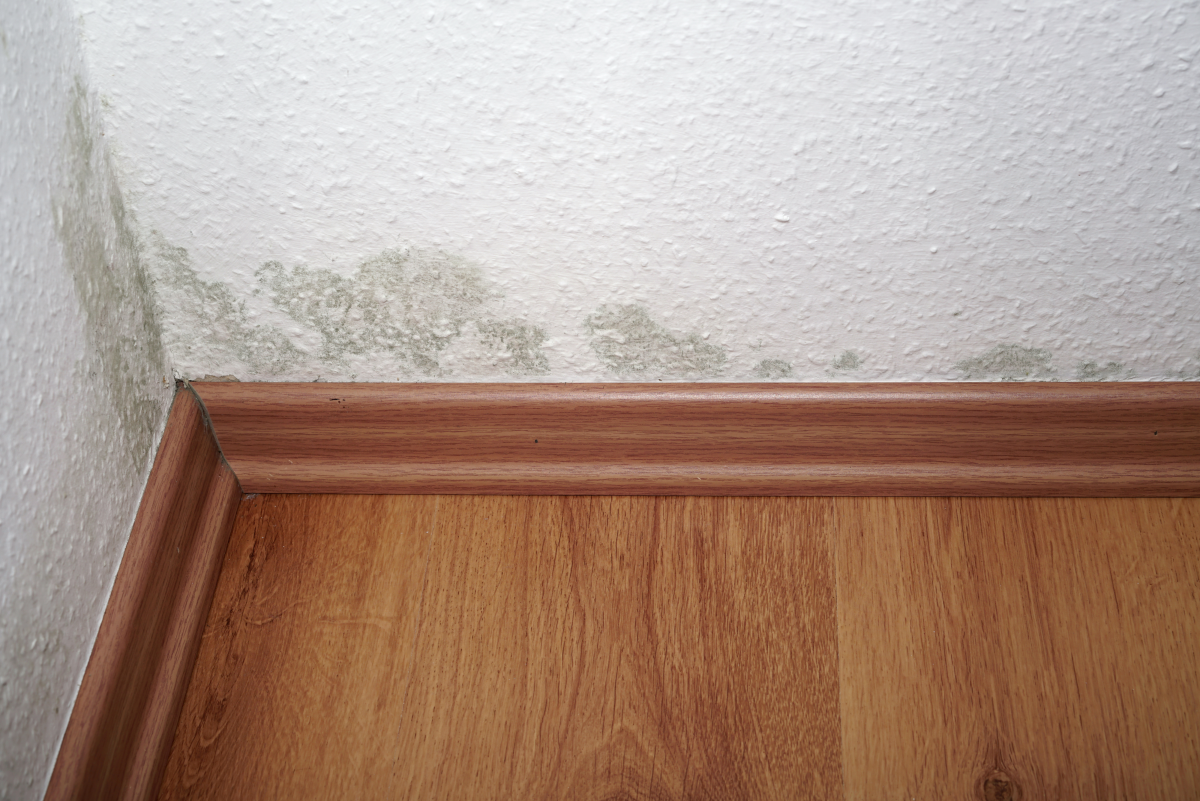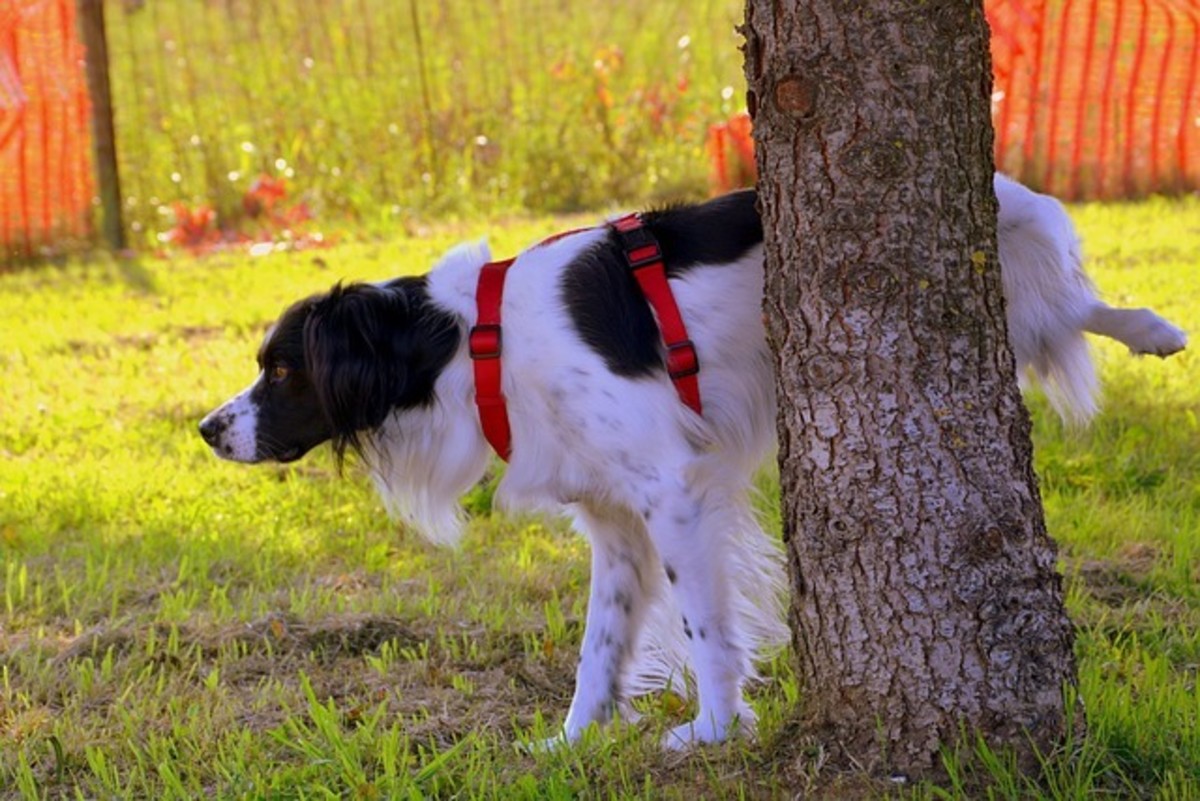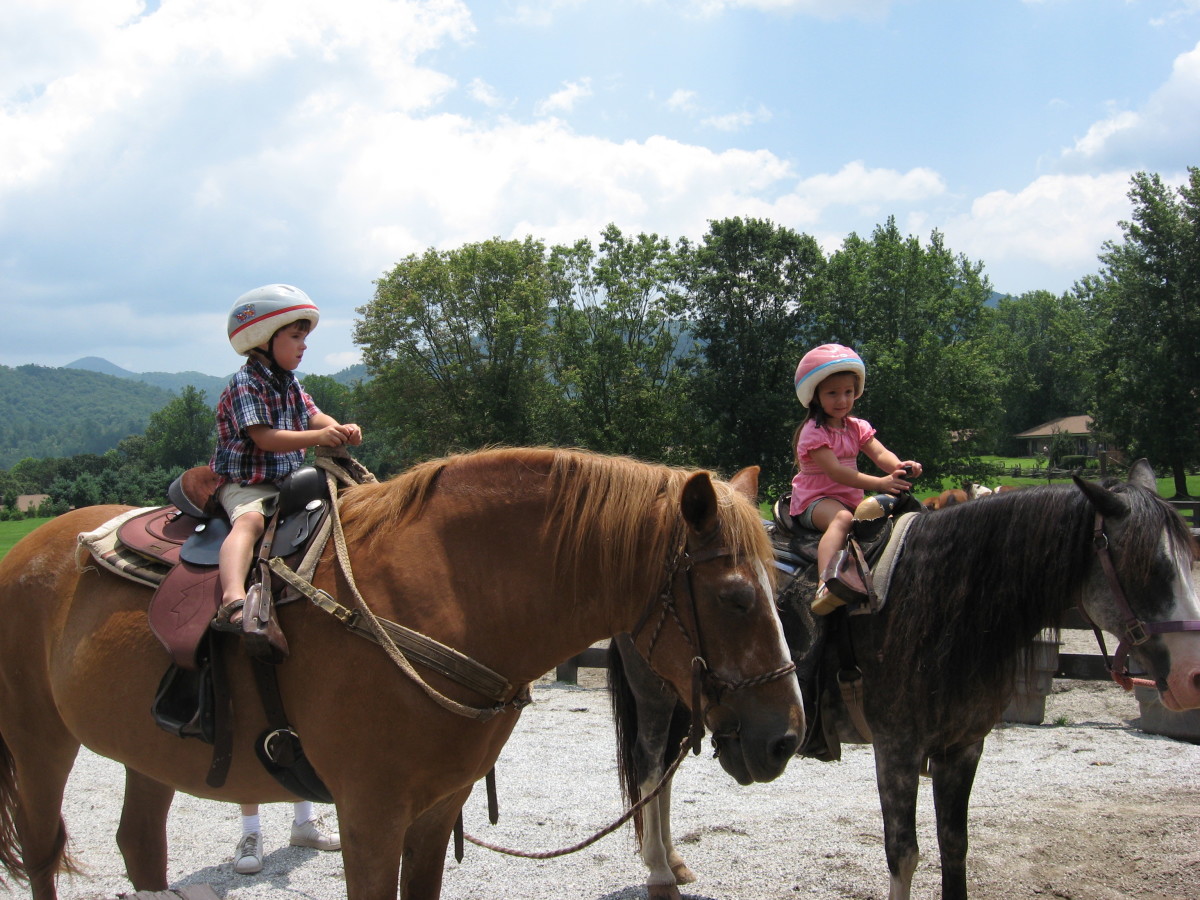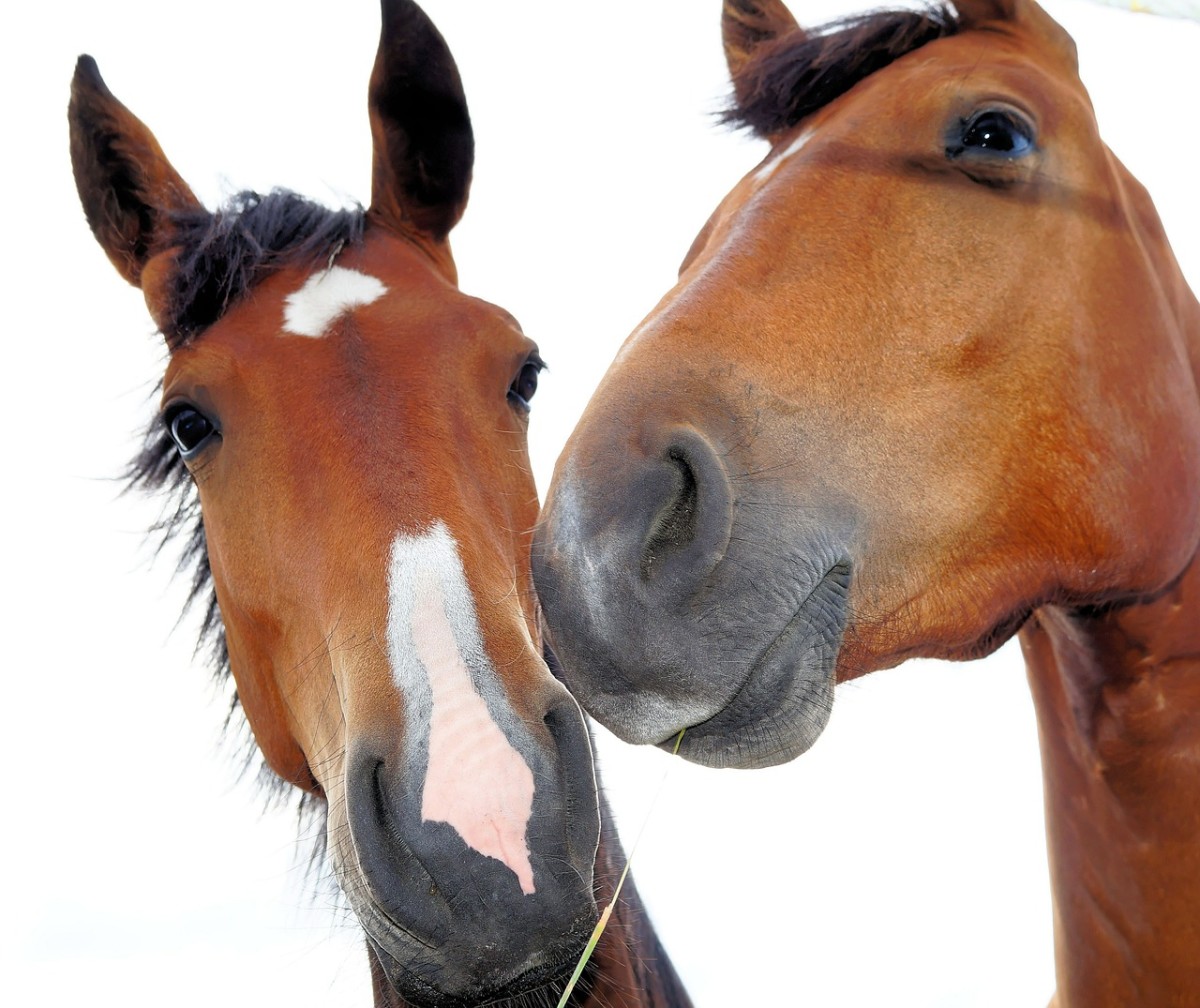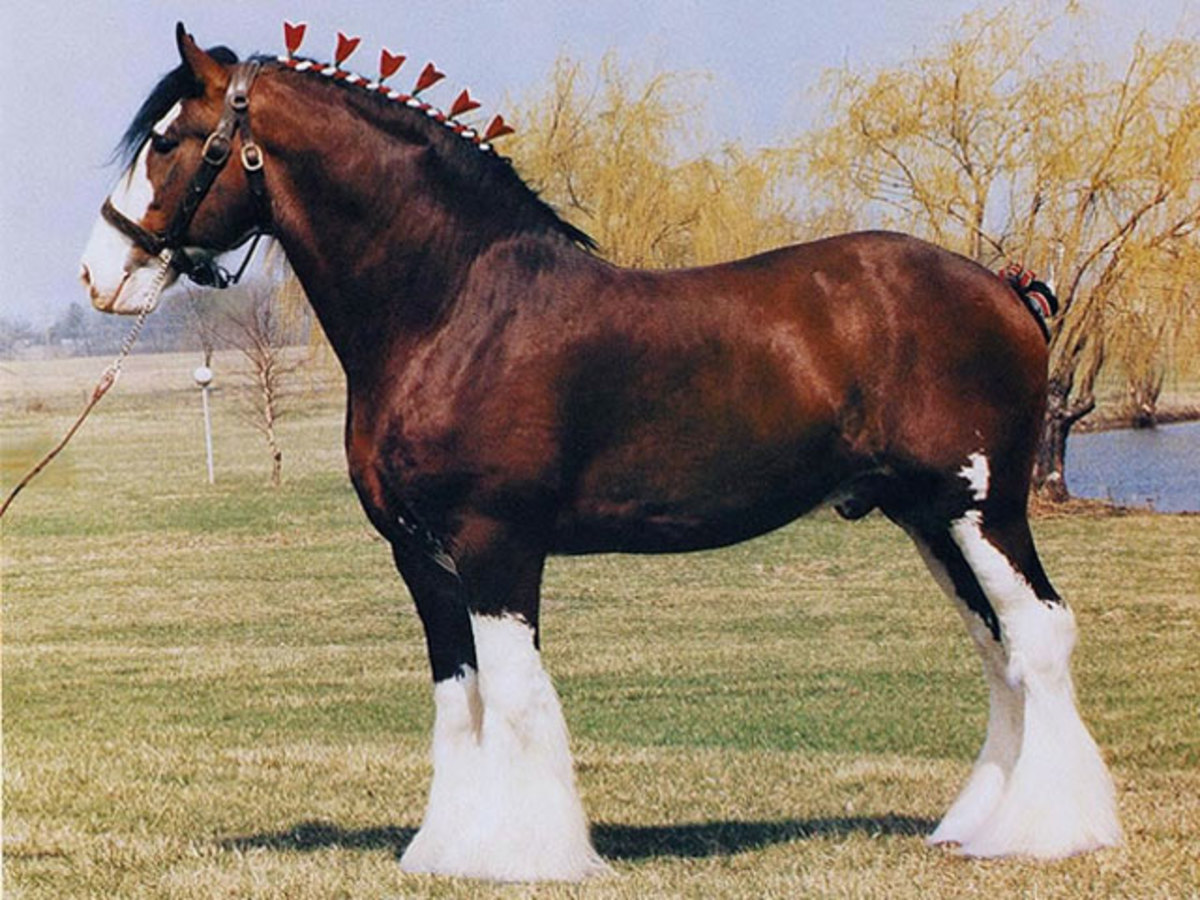Eliminating Barn Odor
The Nose Knows
The nose knows as soon as you walk onto a horse facility. “Your barn smells good,” is what every barn manager wants to hear from visitors when they’ve worked hard cleaning stalls daily, picking up the small paddocks, and disposing of the refuse in an efficient way.
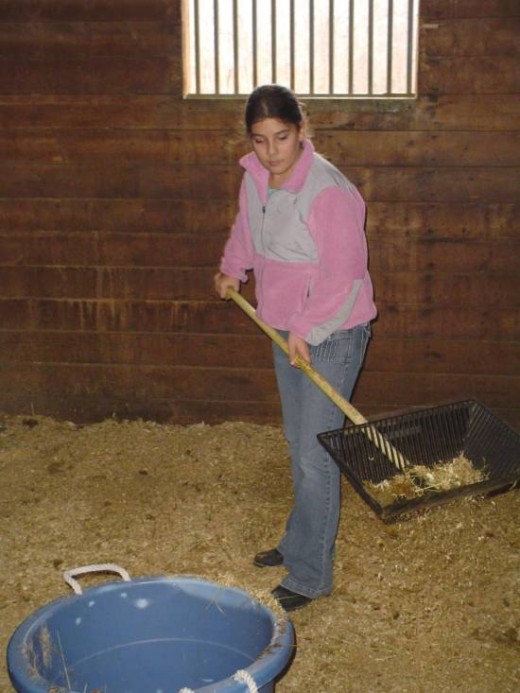
Clean, Ventilate, Store
Manure and urine are the main culprits in a barn with B.O. Manure is not smelly when composted correctly. Lack of air circulation, plus moisture and heat, allows bacteria to grow, which produces the stench.
How you feed your horses can contribute to B.O caused by urine. When more protein is fed to horses than their body needs the excess is converted into urea. The increased urea, which produces ammonia, is excreted in the urine. The horse also pees more often and that equates to a wetter, smeller stall.
It is important to plan well when building a horse facility so you have proper drainage. Remember dampness increases the rate of decomposition, which releases the gases that cause the odor. Ask your livestock agent to help with site selection before you build. If you are working with an existing facility you may have to take measures to improve drainage.
Daily stall cleaning is a must to keep your barn smelling pleasant. Sprinkle lime or zeolite (marketed as Sweet PDZ) over the wet area after urine is removed. These products help absorb remaining moisture and gases, and neutralize any remaining ammonia. Add fresh bedding as needed. Pick up manure in paddocks and areas of the pasture where horses gather such as gates or run-in sheds regularly.
Ventilation is also important in keeping your barn smelling fresh. Doors and windows provide natural ventilation. In center aisle style barns with the good site location, doors at both ends of the aisle will pull air through the barn. Vents and exhaust fans will also aid in natural air circulation.
Manure and bedding must be properly stored after the stalls are cleaned. Whether stock piled in a heap or in a manure bin it should be covered at least with a tarp to keep out the rain. It is important to store the manure so it does not contaminate water sources. Spreading the composted manure in pastures will help fertilize the grass. If you do not have pasture, or a way to spread it yourself you may be able to find gardeners or landscaping companies who will haul it away for you. It may be convenient to let them leave a trailer with a ramp at your barn, where you can dump the wheelbarrow directly into it so all they have to do is hook up and haul it off.
If you have a large number of stalls a manure spreader will be worth having. In barns with wide enough aisles the manure spreader can be pulled alongside the stalls with a tractor, the waste put directly into the spreader, then taken to the fields and spread. This reduces the need to stockpile the manure.
It is wise to spread the manure during early in the morning before it gets hot, and when the wind is low to minimize the odor. Do not spread manure when the land is frozen because it cannot work into the soil.
If you live in a community where there are composting centers or other means of recycling the refuse you may be able to haul the manure there to dispose of it. Some refuse collecting businesses will leave a collection bin at the farm where the manure can be put into the bin, and they pick it up.
Follow these simple guidelines and eliminate B.O. in your barn.
© 2009 Donna Campbell Smith




